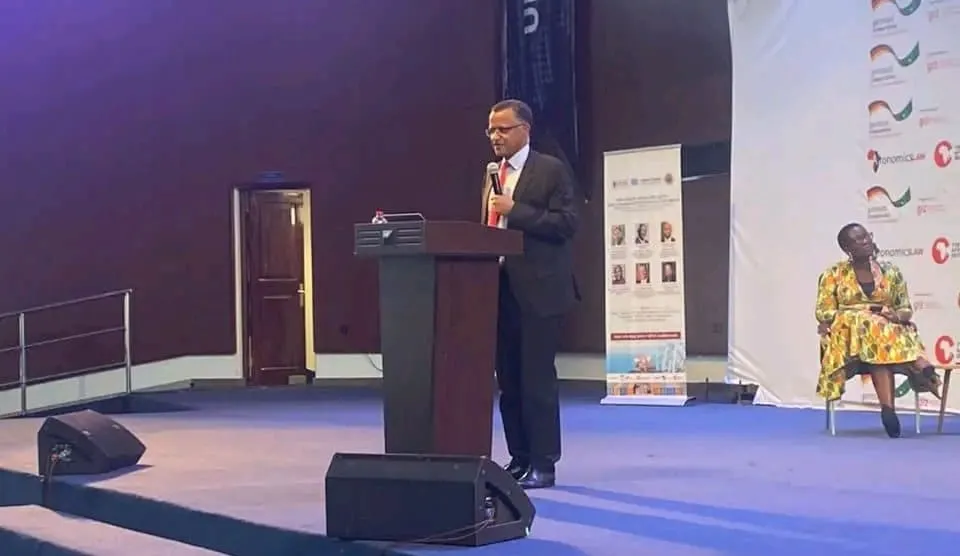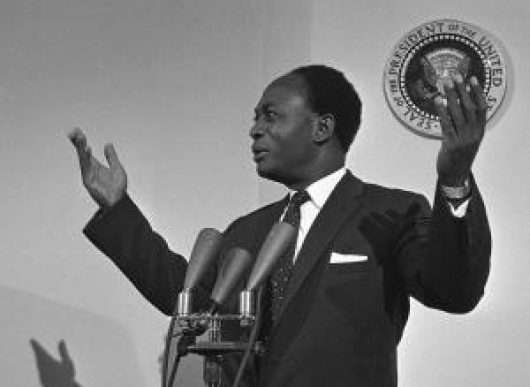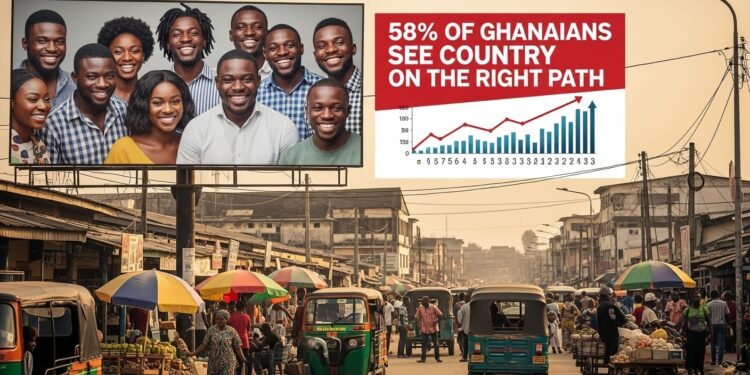The pioneers of independence fervently advocated for economic freedom, viewing it as indispensable for true political sovereignty.
Leaders like Kwame Nkrumah of Ghana emphasized that political liberation was incomplete without economic emancipation. “Seek ye first the political kingdom and all else shall be added unto you,” Nkrumah famously declared, underscoring the interdependence of political and economic autonomy.
However, many of their ambitious economic visions have yet to be fully realized. Despite significant strides in self-governance, the anticipated economic empowerment remains elusive for many post-colonial nations.
Structural challenges, such as dependency on former colonial powers, lack of industrialization, and global economic inequalities, have hindered progress.
The pursuit of economic freedom remains a crucial, unfinished chapter in the journey toward complete independence.
While political boundaries were redrawn, the economic frameworks envisioned by these leaders still strive for fulfillment, reflecting ongoing struggles for true self-sufficiency and prosperity.
One such lingering vision is uniting Africa economically, an idea that is currently being championed under the African Continental Free Trade Area (AfCFTA).
Turning Promises into Action Urged
Melaku Geboye Desta, a professor of International Economic Law, urged African governments to turn their promises into actions to speed up the implementation of the AfCFTA agreement.
Speaking at a conference in Accra, he emphasized the need for governments to enhance institutional capacities and foster an environment conducive to increased private sector involvement and heightened awareness.

The conference aimed to assess the progress made in the five years since the AfCFTA came into effect.
The conference, which was attended by law students, researchers, and industry players, was on the theme: “Taking stock of the implementation of the AfCFTA: continental efforts, State commitment and private sector involvement.”
The event was organized by the University of Professional Studies, Accra (UPSA) Law School, in collaboration with the Deutsche Gesellschaft für Internationale Zusammenarbeit (GIZ – German Development Corporation) and other partners.
Professor Desta highlighted that the ratification of the AfCFTA’s five protocols has laid a solid groundwork for achieving tariff-free, quota-free cross-border trade among African nations.
These protocols include rules of origin, tariff concessions, an online monitoring mechanism, the Pan African Payment and Settlement System (PAPSS), and the African Trade Observatory.
“In many cases on the continent, we have so many good ideas, but we don’t invest in our capacity; the ability of our institutions to translate our promises into realities.
“We need to invest in building capacities. When people have the capacity to action, we can make a difference in our lives, and for that action to happen, we need the capacity.”
Melaku Geboye Desta
Professor Desta, who also serves as the Coordinator for the African Trade Policy Centre at the UN Economic Commission for Africa, noted that over the past five years, African governments have made significant progress with the AfCFTA agreement.
“The completion of the five protocols is a huge achievement. Now, let’s move to the next level and make the trade happen. Let’s sensitize and support the private sector because without them the AfCFTA won’t make any meaningful impact.”
Melaku Geboye Desta
He emphasized that while physical infrastructure such as roads, railways, seaports, and airports is crucial, the implementation of the free trade agreement would be impeded without the necessary legal framework.
“We need to invest a lot to build infrastructure, which is not going to be easy and cheap, but even if we want to have infrastructure tomorrow, if we don’t have the legal infrastructure, that’s not going to bring anything.”
Melaku Geboye Desta
Mr. Wamkele Mene, Secretary General of the AfCFTA Secretariat, stated that the legal framework for implementing the AfCFTA is designed to address disputes related to design flaws and political issues found in similar agreements. He expressed confidence that this legally binding regulation would transform the intra-African trade system and drive development.
READ ALSO: Ahiagbah Advocates for Bawumia as the Future of Ghana























